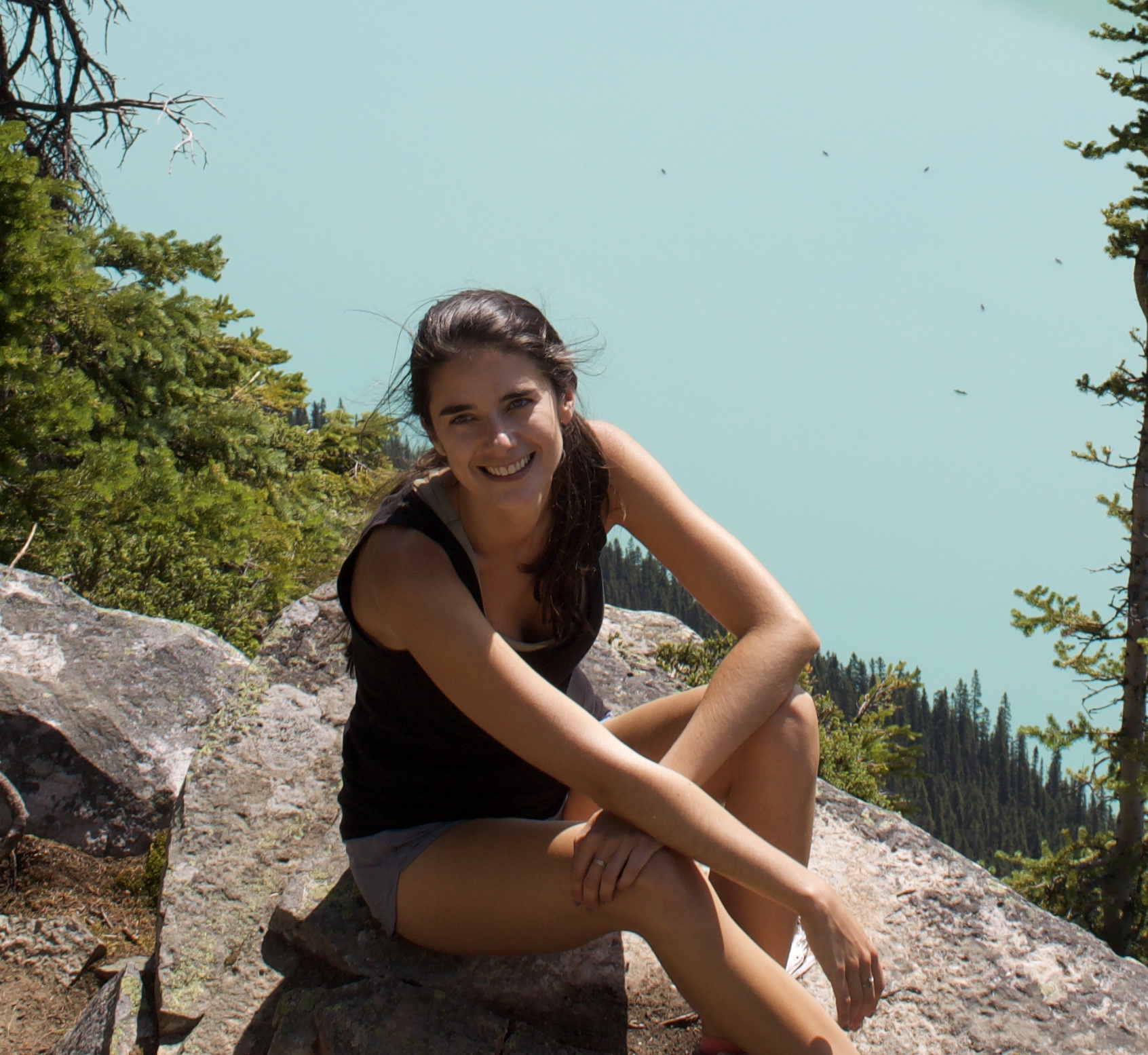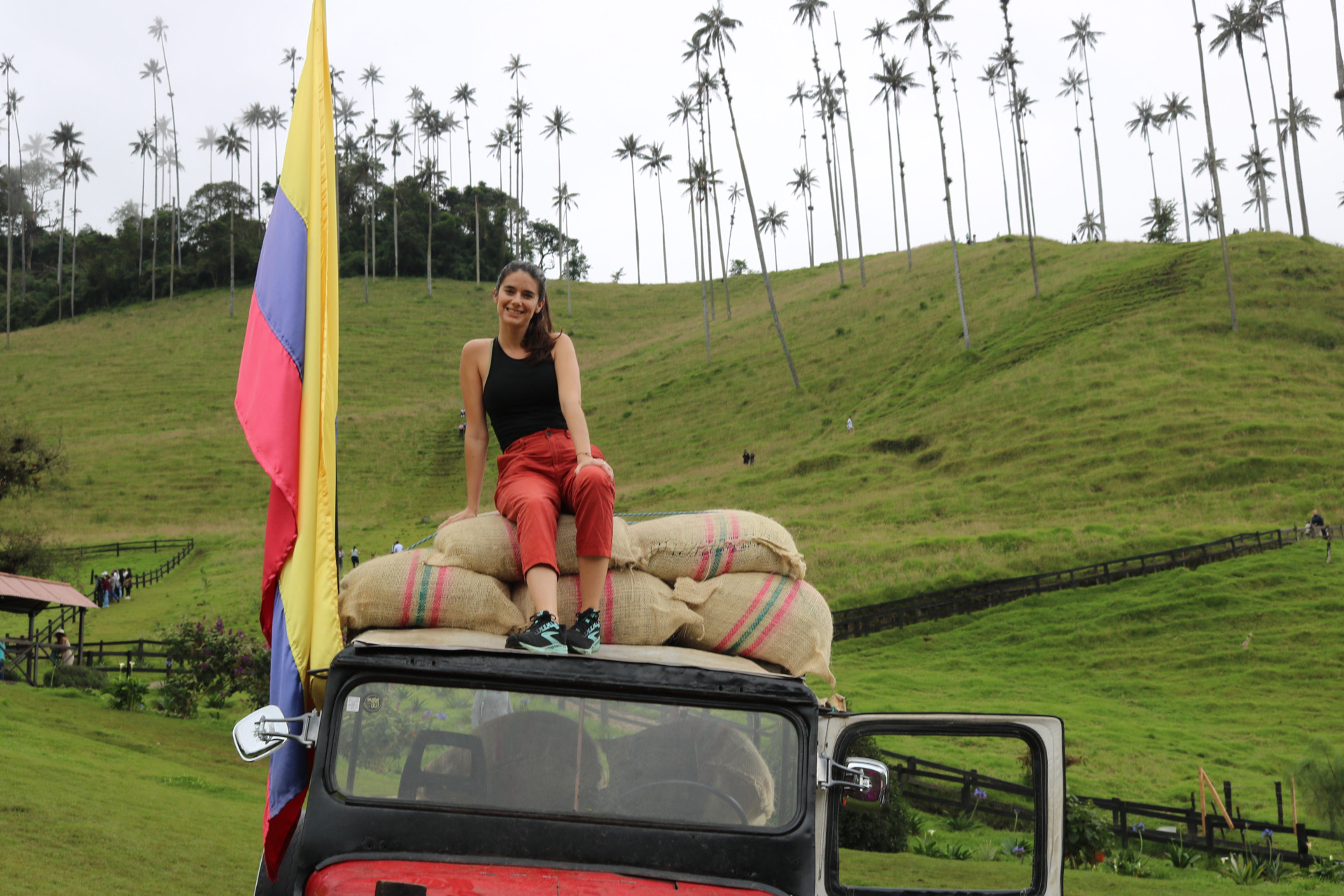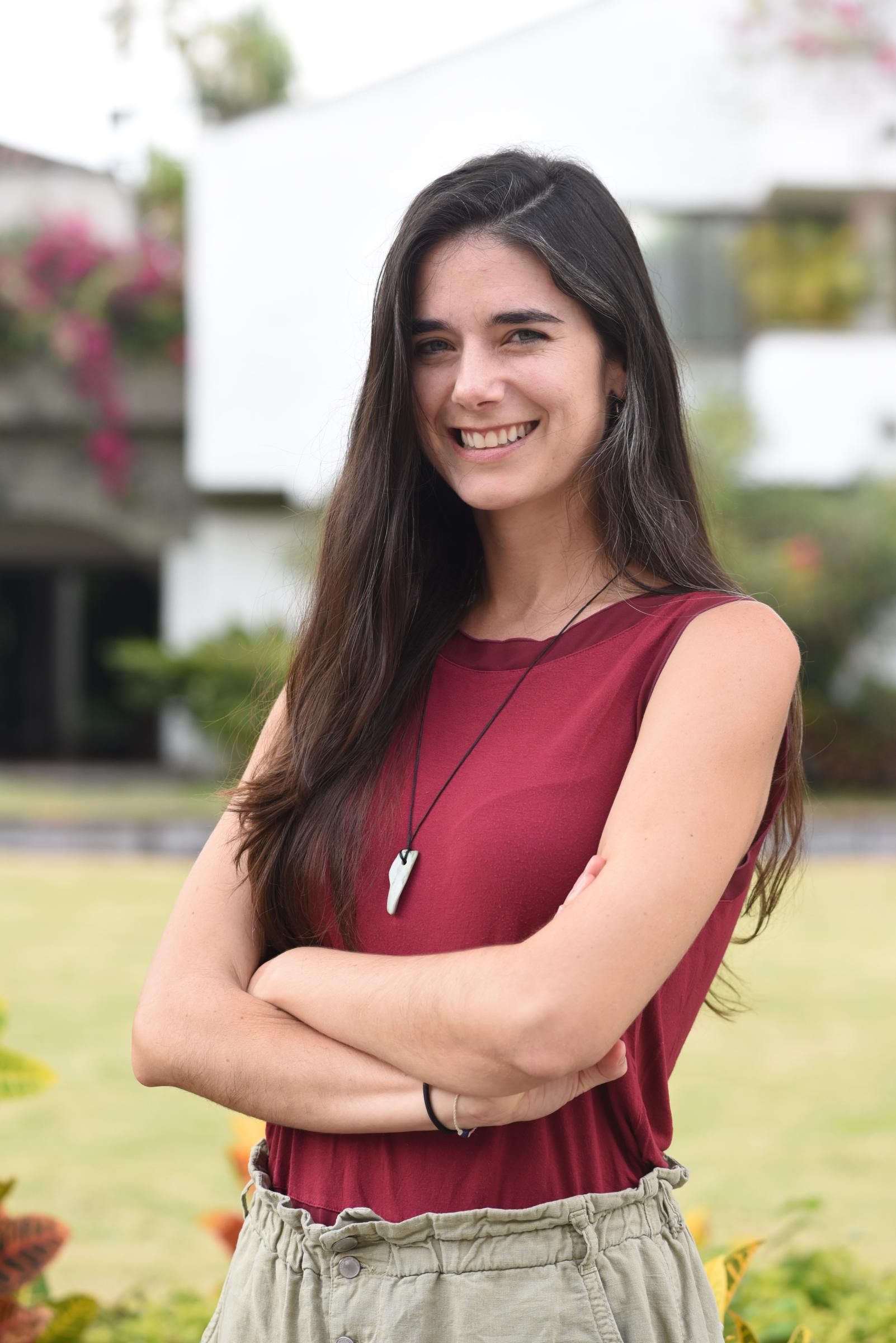Debbie Pierce
Being a public scholar means keeping the potential contribution of research to human wellbeing at the forefront of all research decisions. Research aims for the expansion and deepening of knowledge, but which knowledge is prioritized? And for whom is this knowledge produced? For a public scholar, the answer to these questions should always be guiding the research.
Research description
This research examines the relationship between land tenure, land and forest use and the livelihoods of women in the Colombian Amazon. Land tenure is a complex social institution that includes land ownership, control over land-use decision-making, and land transactions. Within Colombia there has been a lack of focus on many rural areas throughout the country for the past 50 years due to conflict restricting access, and research on women and natural resources in Colombia have typically centered on the Pacific coast. This research is undertaken in the department of Caquetá, in the Amazon region, which for many years experienced conflict, displacement and control by the Revolutionary Armed Forces of Colombia (FARC) and other armed groups. Initial fieldwork in Caquetá has revealed that women often face higher threats of violence, informal land ownership, or insecure land ownership. Workshops organized in early 2024 will focus on two separate themes:
- Support for reducing insecure land ownership to strengthen women's land tenure in the region, while also seeking to understand the specific land tenure problems women face, and
- Technical support for sustainable land management practices that support women's livelihoods, including cacao agroforestry, silvopastoral systems, and pirarucu fish farming. The research has been designed and conducted in partnership with the Alliance of Bioversity International and the International Center for Tropical Agriculture (CIAT) and the Nature Conservancy Colombia (TNC).
What does being a Public Scholar mean?
To me, being a public scholar means keeping the potential contribution of research to human wellbeing at the forefront of all research decisions. Research aims for the expansion and deepening of knowledge, but which knowledge is prioritized? And for whom is this knowledge produced? For a public scholar, the answer to these questions should always be guiding the research. Furthermore, as a public scholar, I believe that research should be co-designed and conducted in conjunction with those who could be impacted or involved in research activities and outputs.
In what ways do you think the PhD experience can be re-imagined with this Initiative?
I think that the Public Scholars Initiative can ground PhD research in a way that few PhD students are given the opportunity to do. The Public Scholars Initiative can help to bridge the academic and “real” world in a practical and useful way to both improve the PhD research process and to ensure that research outputs can be put to real use. The Public Scholars Initiative can help to bridge this divide with activities like networking events, encouraging interdisciplinary thought, and communication skills. The Public Scholars Initiative also helps to elevate and legitimize more “non-traditional” forms of PhD work, which reflects the needs and diversity of the world outside of academia.
How do you envision connecting your PhD work with broader career possibilities?
Ensuring that my PhD research would have broad relevance to some sector of society was an important aspect of my work. I worked for several years prior to beginning my PhD because I wanted to ensure that my PhD work would be informed by my career experience as well as my academic interests. I also had hoped that the opportunity to pursue a PhD would give me the chance to spend a prolonged period of time living and working with a specific community, which I often found difficult prior to my PhD. I hope that I continue working in this way after my PhD, engaging with communities directly beyond the short-term.
How does your research engage with the larger community and social partners?
My research aims to build collaboration with an important land and agricultural research organization in Colombia, the Alliance of Bioversity International and the International Center for Tropical Agriculture (CIAT), and I have also begun to form connections with the Nature Conservancy Colombia and other students working in the same region. My project builds upon a previous CIAT project working with cattle ranchers and cacao cultivators in post-conflict areas of the Colombian Amazon to contribute to peacebuilding and improved livelihoods. I hope that my contribution will help to engage women farmers specifically to better understand what challenges and opportunities they face in continuing to build peace in their communities.
Why did you decide to pursue a graduate degree?
I was interested in continuing with a PhD after finishing my master’s degree, but felt that it was important to spend several years working in order to ensure that if I did later decide to return to research that it would be grounded in real world problems. After several years working in a variety of jobs, I identified a few topics that I wanted to explore further, and decided to return to graduate school.
Why did you choose to come to British Columbia and study at UBC?
UBC is well known internationally for its Faculty of Forestry, and I was lucky enough to find a great fit in my adviser, Terry Sunderland. To me, it was also important to have a collaborative research environment, both professionally and personally, and I was able to find this at UBC.
What is it specifically that your program offers that attracted you?
I liked the diversity of topics covered under the umbrella of forestry. I felt that I would have an opportunity to learn from others here in a way that would have been more difficult in other programs. But beyond this breadth, I also felt like there were several faculty in forestry with the depth in topics that interested me.
For you, what was the best surprise about graduate life, about UBC or life in Vancouver?
How supportive the environment at UBC is! And the importance of work-life-balance at both UBC and in Vancouver is quite new to me, but also very refreshing.
What aspects of your life or career before now have best prepared you for your UBC graduate program?
I think years of working in different jobs where I needed to respond to different challenges helped me prepare for a graduate program—in that it helped me learn to be flexible and change courses when additional information becomes available.
What advice do you have for new graduate students?
Don't be too wary of uncertainty, and try to enjoy the process!







